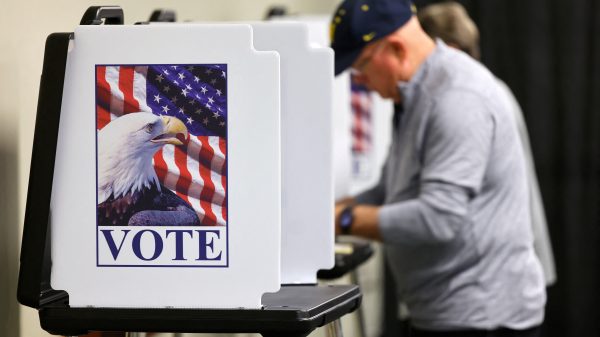In recent years, workers have voiced significant dissatisfaction with their employment situations, particularly as many have returned to the office under terms they do not agree with. The environment has been further strained by layoffs, leading employees to share their grievances and connect with one another on social media platforms. This shift toward online communication allows workers to find solidarity and share their experiences, highlighting the evolving dynamics of workplace interactions in a post-pandemic world.
A recent survey by Owl Labs reveals that a substantial portion of the workforce, especially younger employees, has engaged in negative online discussions about their jobs. Over one-third of all workers and nearly half of Gen Z respondents reported posting disparaging content about their employers on social media.
Specifically, about 20% of respondents have shared negative job-related content on platforms like X, Instagram, and Facebook, while 15% have utilized TikTok for similar posts. Additionally, 13% of workers have chosen to post anonymously on sites like Glassdoor, and 15% have recorded conversations or meetings with their employers, underscoring a significant trend in employee activism.

Workers Express Dissatisfaction on Social Media as Office Returns Fuel Employee Activism
The shift toward hybrid work models has made traditional in-person social interactions less common, prompting employees to seek alternative channels for expressing their thoughts and concerns. Owl Labs CEO Frank Weishaupt noted that social media has become an essential outlet for workers to articulate their feelings about their workplaces. This environment fosters a sense of community among employees who feel similarly discontented and provides a platform for voicing their issues publicly.
From a legal standpoint, workers are permitted to organize and discuss their work conditions online, as protected concerted activity under federal law. This includes discussions about pay, benefits, and general workplace grievances.
However, certain boundaries exist regarding what is considered protected speech; for instance, remarks deemed egregiously offensive or false about an employer, or disparaging comments about products or services that do not relate to labor issues, fall outside this protection. Therefore, employees must navigate the complexities of free expression versus potential legal repercussions when discussing their workplaces online.
As social media becomes increasingly intertwined with professional environments, human resources, and legal teams are tasked with addressing the implications of employees’ online behaviors. Employment attorney Jill Kahn Marshall emphasizes that many companies now include social media policies in their employee handbooks to manage online conduct.
These policies typically aim to prevent disparagement of the employer and maintain workplace decorum while also adhering to anti-harassment and anti-discrimination guidelines. However, Kahn Marshall points out that there is no universal approach to these policies, indicating the need for tailored strategies that consider the unique culture and dynamics of each organization.









































